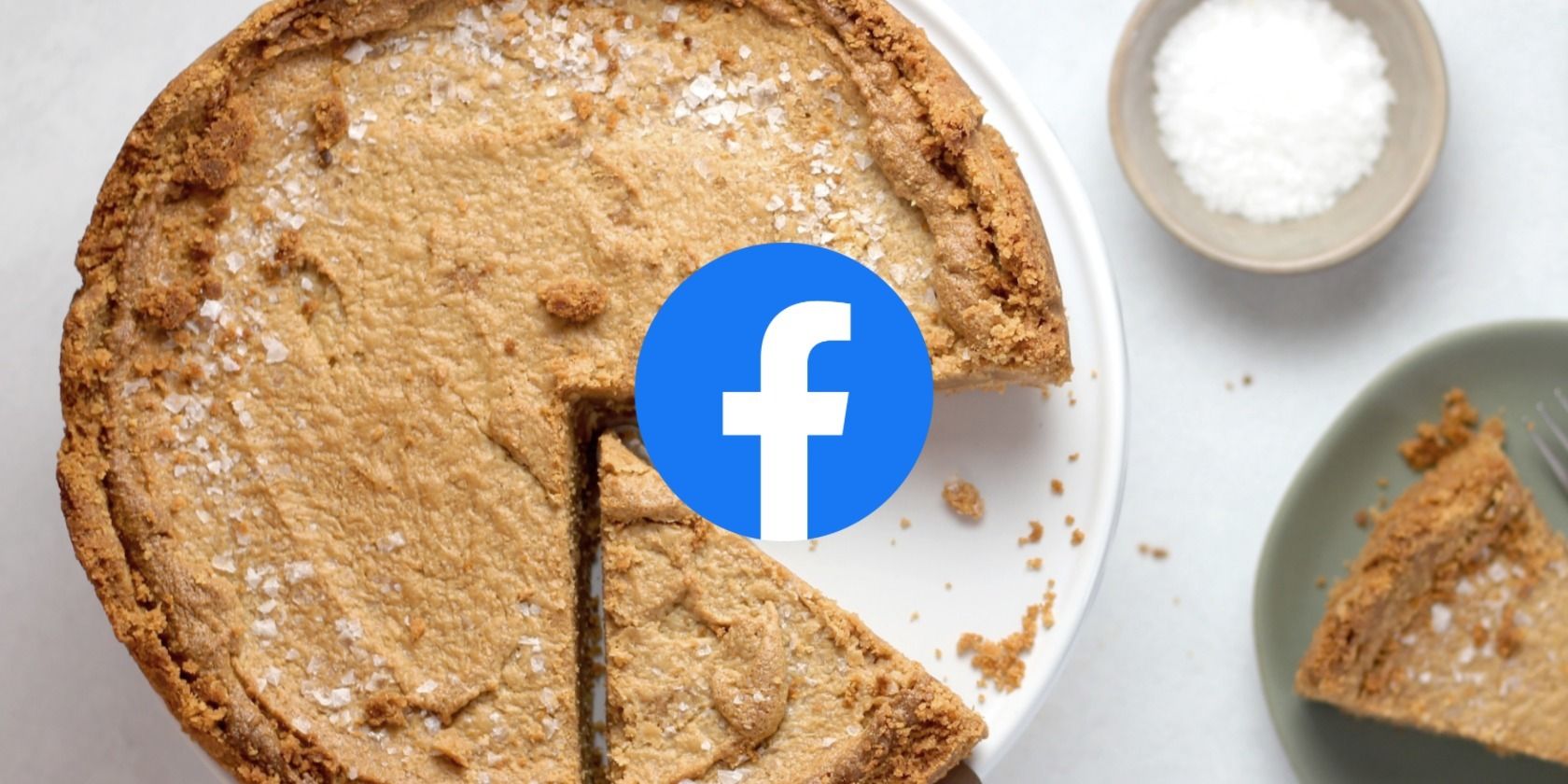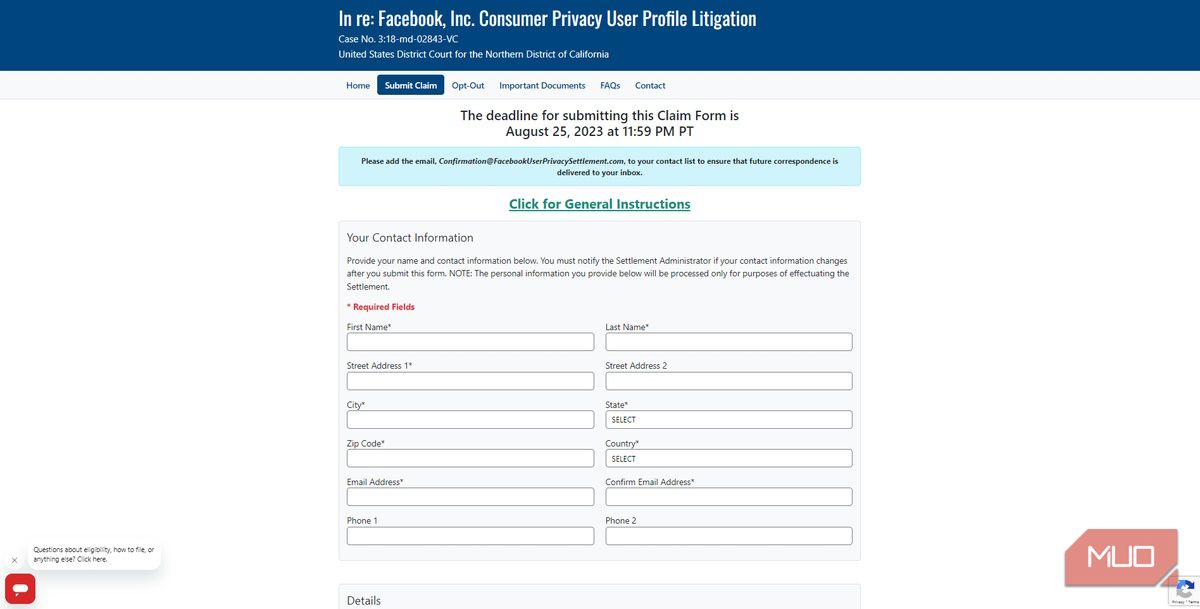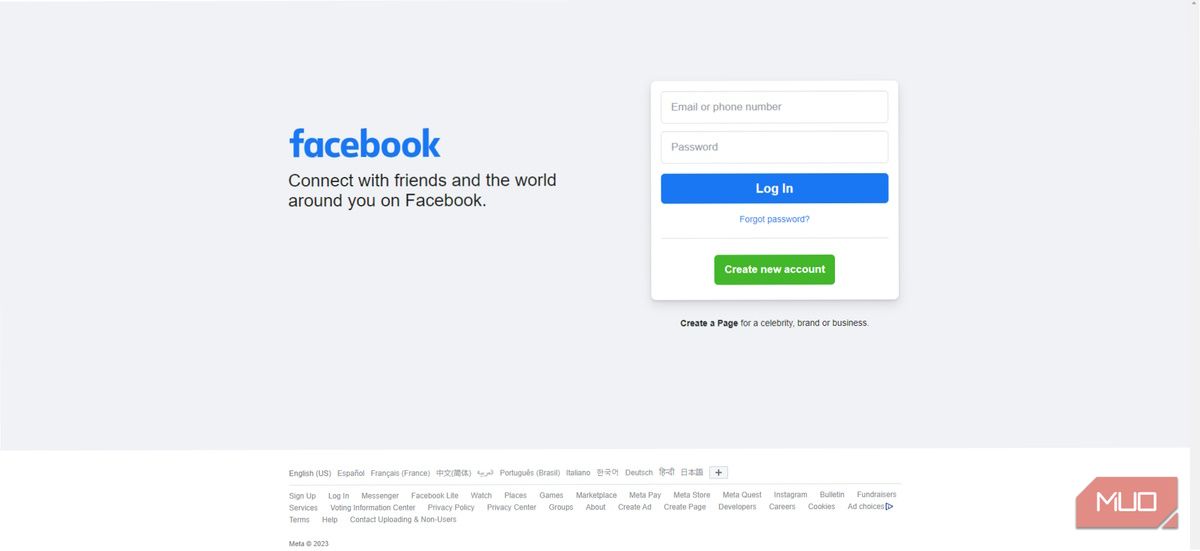If you had an activated Facebook account between May 24, 2007, and December 22, 2022, chances are, Facebook (now under the ‘Meta’ company umbrella) was irresponsible with your data, as well as roughly 250 million US accounts. This led to a class-action lawsuit in 2018.
The social media giant finally eventually settled in December 2022 for a cool $725 million—and it's time for you to get a piece of that pie. Here's what to know about the lawsuit and how to get your payment.
Why Facebook Was Sued
In April 2018, Facebook announced that data from up to 87 million “mostly US-based” accounts was improperly obtained and shared with the British political consultancy group Cambridge Analytica. The leaked data was used in various 2016 US political campaigns, most notably Donald Trump’s 2016 bid for the White House.
The data breach was so substantial that Facebook founder and CEO Mark Zuckerberg was summoned to testify before Congress later that month to explain the leak.
The testimony didn't exactly invoke confidence that Facebook and Zuckerberg at large were taking the leak seriously. This spawned the class-action lawsuit later that year, stretching for years until the settlement in December 2022 for $725 million.
How to Join the Class Action Settlement
To send through a claim, head over to the Facebook User Privacy Settlement site. Select Submit Claim at the top of the homepage. If you need instructions, select Click for General Instructions.
Fill out the form, ensuring that you add important information, such as the date you deleted your Facebook count if applicable. Be sure to add at least one email address, phone number, and username associated with your Facebook account. If it has been a while since you last logged into your Facebook account and you lost your credentials somewhere along the way, you'll need to recover your Facebook account to find your username before filing a claim.
Finally, choose your payment option. You have several options, including:
- Mastercard
- PayPal
- Venmo
- Zelle
- Direct deposit
- Check
Do keep in mind how Zelle scams work if you choose this payment option. It’s not out of the realm of possibility to suggest that bad actors could send fake emails encouraging you to “claim” your settlement via Zelle between now and when you receive your payout. Be vigilant, and know the signs of a phishing scam.
How Will Your Claim Be Settled?
The New York Times reports that users eligible for a cash settlement are assigned approximately one point for every month their Facebook account was activated (but not necessarily active). Even if you didn’t log into your Facebook account for years, as long as you didn't deactivate the account, one month still equals one point.
After the claim deadline has passed (August 25, 2023), the settlement administrator overseeing the class-action settlement will decide the monetary value of each point. They'll do this by:
- Adding the total points to everyone that submitted a claim.
- Dividing the sum by $725 million (the settlement amount).
- Subtracting that number from the costs of the lawsuit (like administrative fees).
This final number will determine the monetary value for each point. The monetary value will then be multiplied by the number of points assigned to each user filing a claim, determining each individual user’s entitled compensation. For example, if one point is worth $1 and you didn't deactivate your Facebook account for the entire 15.5-year timeframe of the lawsuit, you would receive $186.
Facebook May Owe You, but Don’t Expect Life Changing Cash
The class-action lawsuit against Facebook is major, but don't expect to be swimming in an underground vault filled to the brim with gold coins like Scrooge McDuck if you're awarded a cash settlement. Still, you should submit a claim.
Because let's be real about what happened. If you live in the US, chances are, Facebook unethically and irresponsibly leaked your data to third-parties without your consent. That's wrong —and you shouldn't feel complacent about your misused data in the biggest social media leak in history. Roll the proverbial dice, and see what you get.



